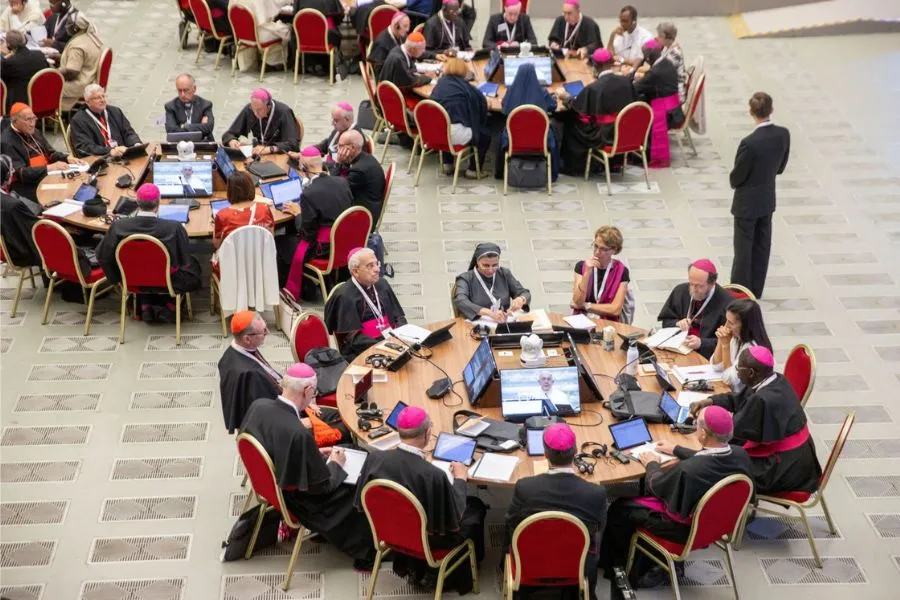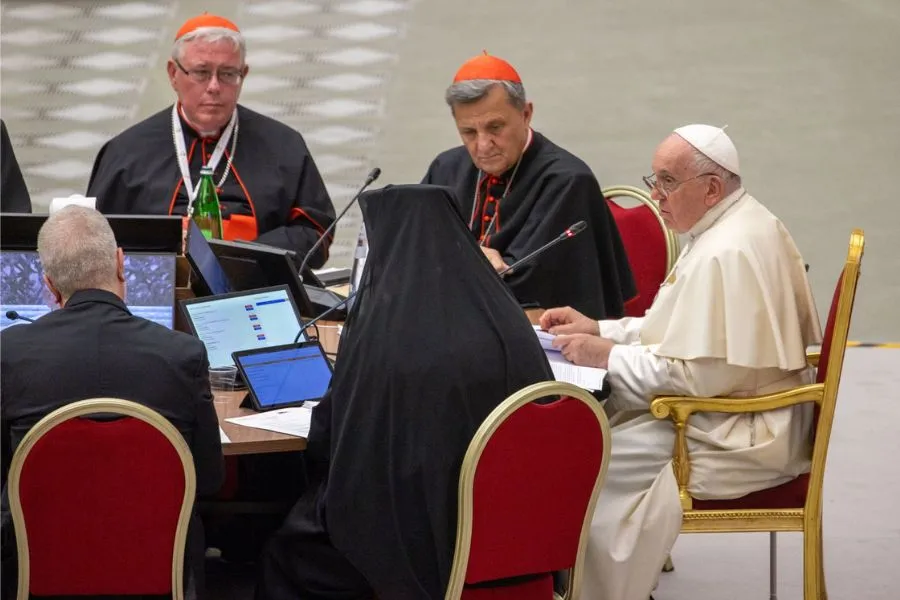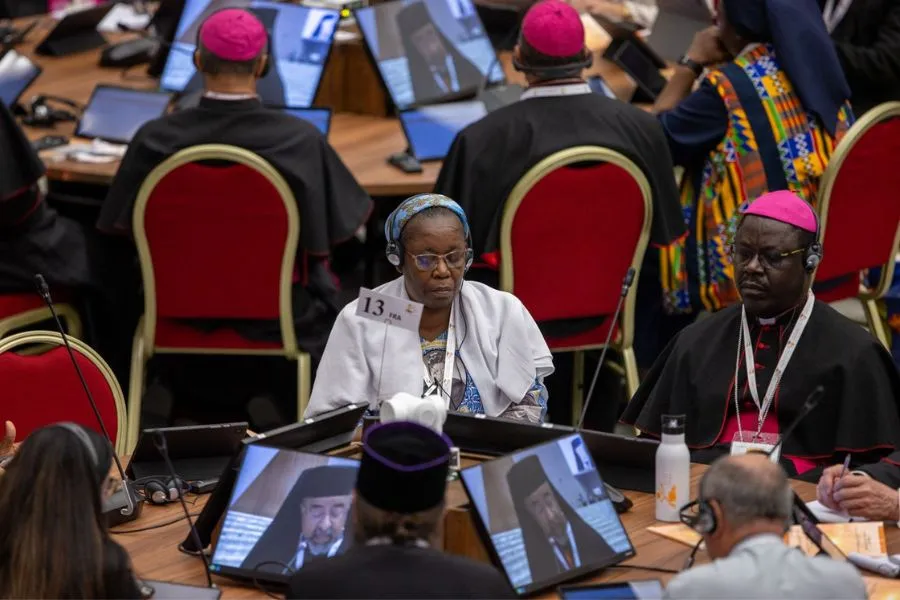Vatican, 30 October, 2023 / 8:12 pm (ACI Africa).
Now that the October 4-29 Synod on Synodality meeting in Rome has drawn to a close, all eyes are on the final report emanating from the month-long ecclesiastical gathering.
The acronym LGBT is notably absent; the question of female diaconate received the lowest vote; and even the somewhat broad paragraph on controversial topics equating sexual identity and euthanasia lacks substantial consensus. Although all the methods (paragraphs) of the summary document from the first stage of the 2023 Synod were approved with a two-thirds majority, it's evident that the points lacking consensus stand out.
Jean-Claude Cardinal Hollerich, the General Rapporteur of the Synod, highlighted in a press conference on October 28 that "some issues were expected to encounter more opposition. The surprising part is that many voted in favor, indicating the resistance wasn't as significant as anticipated." The Cardinal's words reveal a robust and unyielding debate, hinting at a desire for change, especially when the narrative throughout the Synod revolved around "seeking communion."
Those words also explain the fears of Joseph Cardinal Zen, Bishop emeritus of Hong Kong, who, after having signed the last letter of the dubia sent to Pope Francis, also sent a letter to synod fathers, highlighting the risk of pressure for a change in doctrine and above all denouncing the General Secretariat of the Synod as "very effective in the art of manipulation."
Cardinal Zen's letter and the publication of the dubia of the five Cardinals fell on fertile ground. From the final document, ultimately called to balance all positions, it emerges that the concerns raised are the concerns of many Bishops. Many voted "yes" with the thought of being able to fix things in the final document, wanting to avoid debate. Those who voted "no" did so with the awareness of facing a tough cultural battle in the coming months.




 Credit: Daniel Ibáñez
Credit: Daniel Ibáñez
 Credit: Daniel Ibáñez
Credit: Daniel Ibáñez


